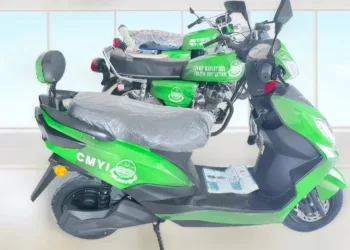With rising fuel prices and increasing concern for environmental impact, many people are switching towards electric vehicles (EVs). In this article, we are going to discuss the most affordable electric vehicles (EVs) in India.
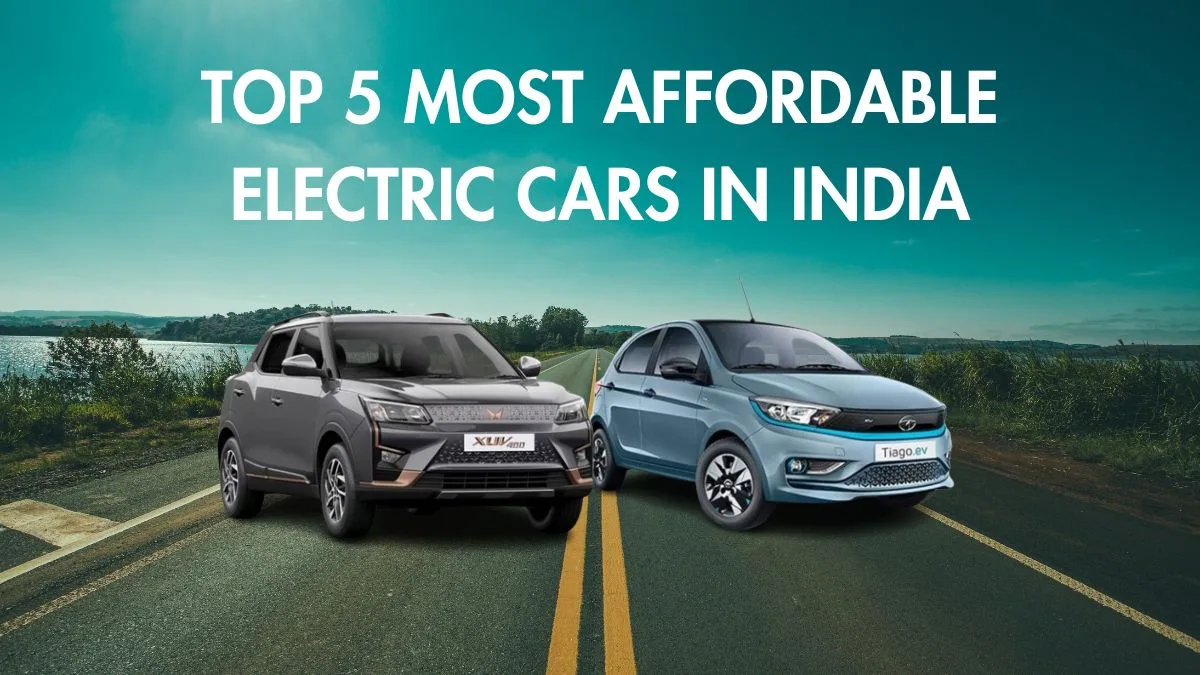
In India, more and more people are choosing electric cars as their preferred mode of transportation. This trend is growing rapidly as people realize the benefits of using electric vehicles. With concerns about pollution and rising fuel prices, many are turning to electric cars for a cleaner and more cost-effective option.
Additionally, the government’s push for eco-friendly transportation and the availability of incentives for electric vehicle buyers are further fueling this growth. As a result, the electric vehicle market in India is expanding quickly, with an increasing number of options becoming available to consumers at various price points.
Most Affordable Electric Vehicles in India
Here are the most affordable electric vehicles (EVs) in India:
1. MG Comet EV
The MG Comet EV costs between ₹ 7.98 lakh and ₹ 9.98 lakh. It’s a small three-door electric car released by MG Motor last year. This is the company’s second electric car after the MG ZS EV. The EV runs on a 17.3 kWh battery and has an engine that gives 42 bhp and 110 Nm of torque. According to reviews, the Comet can travel up to 230 km on just one full charge. It takes about seven hours to charge from 0 to 100 percent using a 3.3 kW charger, and about 5.5 hours to reach 80 percent.
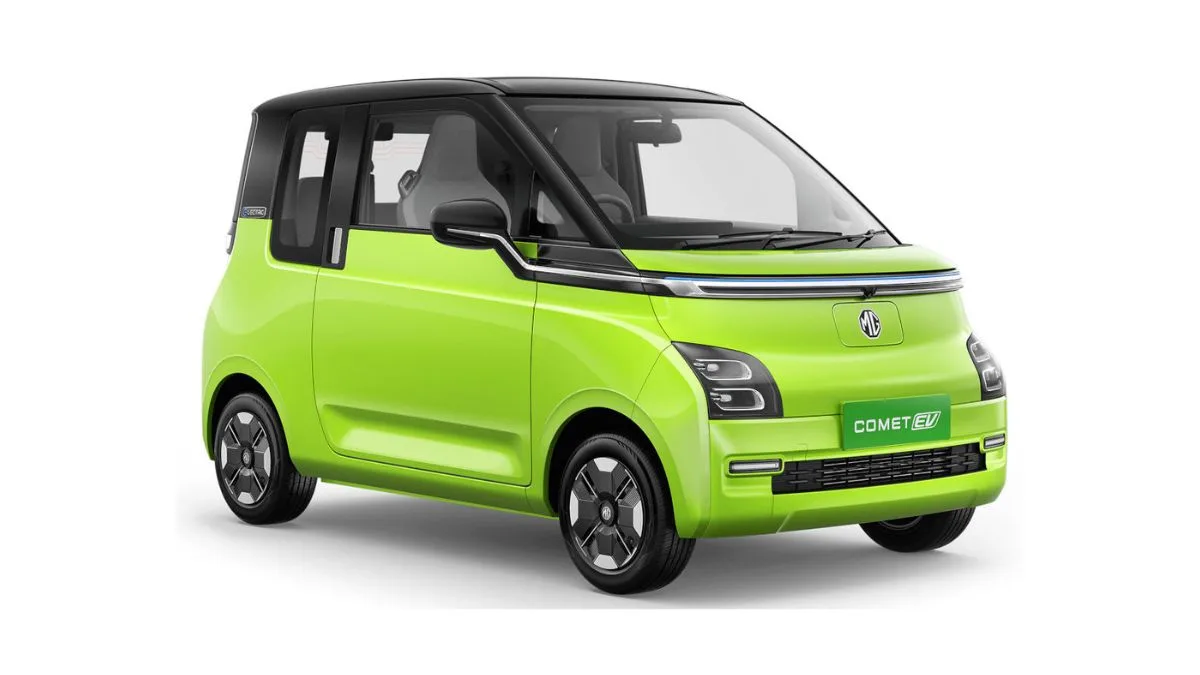
2. Tata Tiago EV
The Tata Tiago EV costs between ₹ 8.69 lakh and ₹ 12.04 lakh. It comes with two choices of battery packs: one is 19.2 kWh and the other is 24 kWh. The basic Tiago has a power of 60.3 bhp and 110 Nm, while the higher-end model has 74 bhp and 114 Nm of torque. According to MIDC Cycle, the 19.2 kWh version can travel up to 250 km on one charge, and the 24 kWh version can go up to 350 km.
Using a 15A plug-in and AC home wall charger, the Tiago EV with the smaller battery pack takes about 6.9 hours to charge from 10 to 100 percent, while the one with the larger battery pack takes around 8.7 hours. If you have a 7.2 kW charger, the 19.2 kWh Tiago EV charges from 10 to 100 percent in 2.6 hours, and the 24 kWh Tiago EV takes about 3.6 hours. When using a DC fast charger, both versions of the Tiago EV can charge from 10 to 80 percent in just 58 minutes.
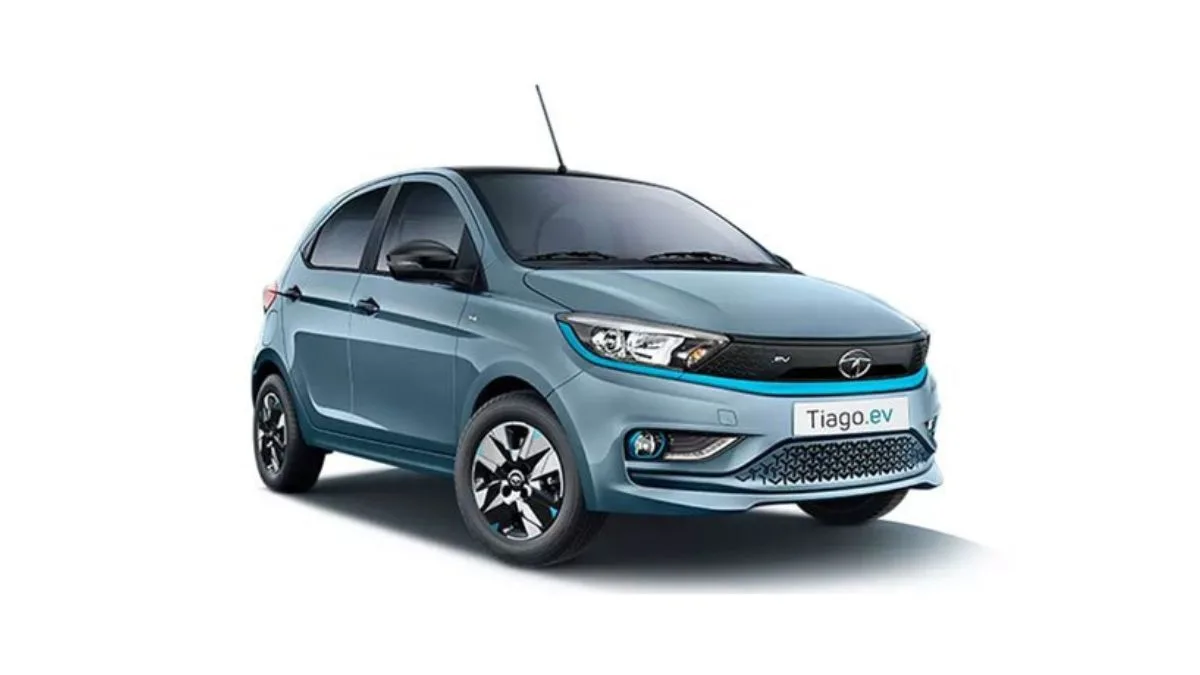
3. Citroen eC3
The Citroen eC3 is priced between ₹ 11.61 lakh and ₹ 12.49 lakh. It’s Citroen’s first electric vehicle (EV), introduced in India last year. This crossover hatchback runs on a 29.2 kW battery with 76 bhp and 143 Nm of torque. The French carmaker says the eC3 can reach a top speed of 107 km/h and can go from 0 to 60 km/h in 6.8 seconds. Using a 15-amp plug point, the eC3 takes about 10 hours and 30 minutes to charge from 10 to 100 percent, and from a DC fast charger, it takes 57 minutes to charge from 10 to 80 percent. According to the MIDC Cycle, the eC3 can travel up to 320 km on a single charge.
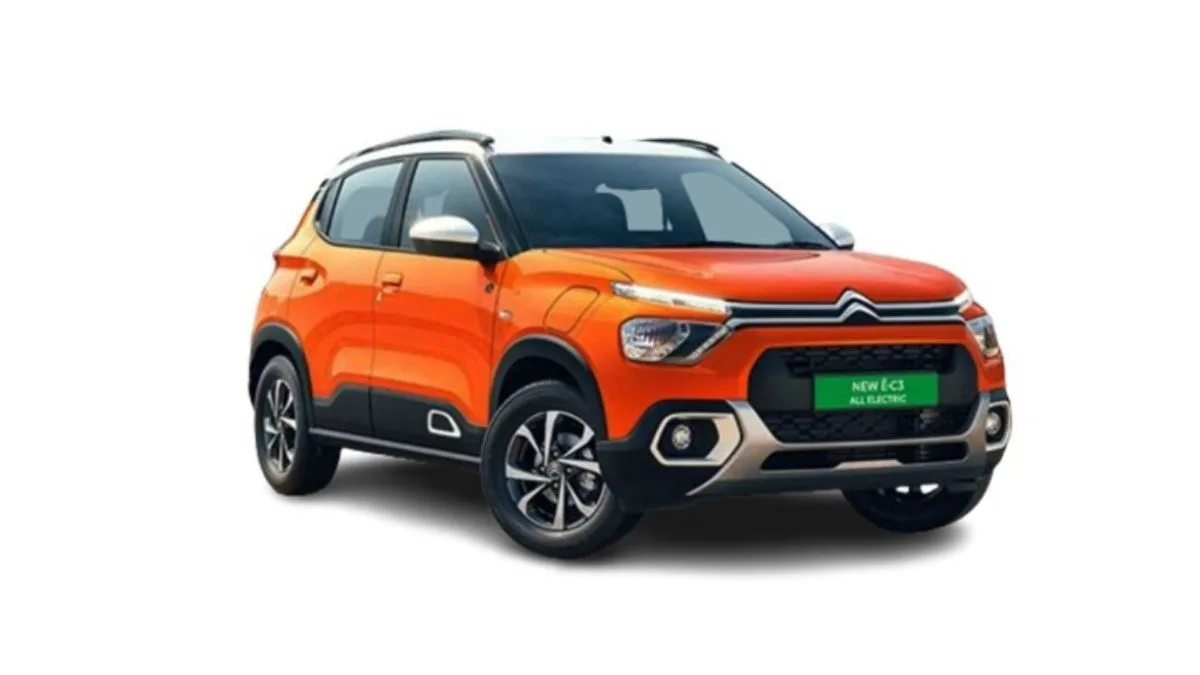
4. Tata Tigor EV
The Tata Tigor EV costs between ₹ 12.49 lakh and ₹ 13.75 lakh. It’s known as the most affordable electric sedan on the market. This EV runs on a motor that produces 74 bhp and 170 Nm of torque. Tata Motors claims it can accelerate from 0 to 60 kmph in 5.7 seconds, and according to ARAI, it can travel up to 315 km on a single charge. Using a 15 A plug and an AC home wall charger, it takes about 9.4 hours to fully charge the 26 kWh battery from 10 to 100 percent. With a DC fast charger, it charges from 10 to 80 percent in just 59 minutes.
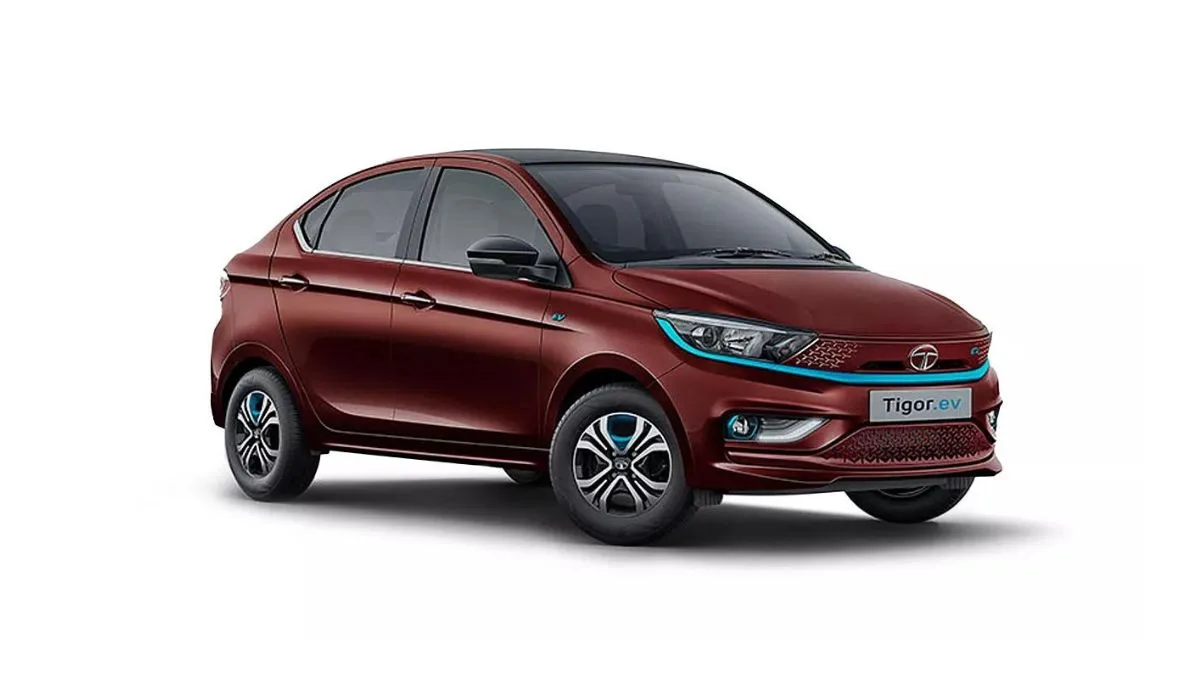
5. Mahindra XUV400 Pro
Mahindra XUV400 Pro starts at ₹ 15.49 lakh. This newer version comes with many more features compared to the previous model. Similar to the Nexon EV, the XUV400 Pro offers two battery options: one with a capacity of 34.5 kWh and the other with 39.4 kWh. These batteries provide a respective peak range of 375 km and 456 km, as rated by ARAI.
The XUV400 Pro is powered by an electric motor generating 148 bhp and 310 Nm of torque. In terms of performance, this compact electric SUV can reach a top speed of 150 km/h and accelerate from 0 to 100 km/h in just 8.3 seconds.
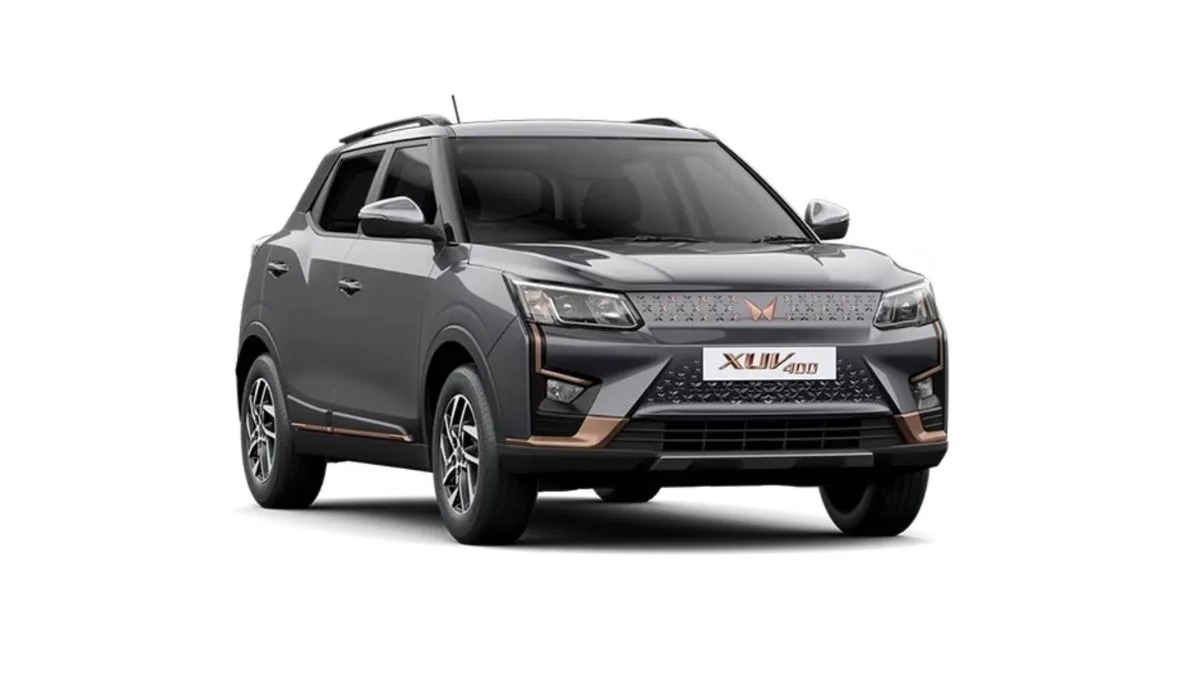
Follow INCPAK on Facebook / Twitter / Instagram for updates.







